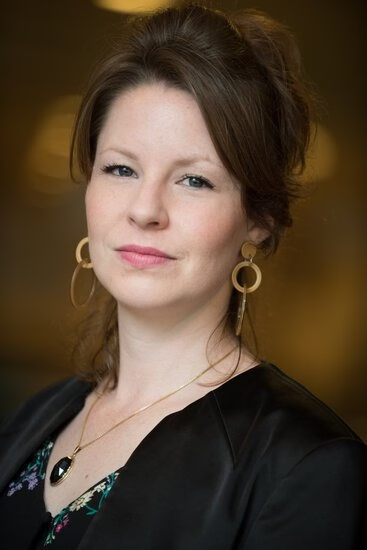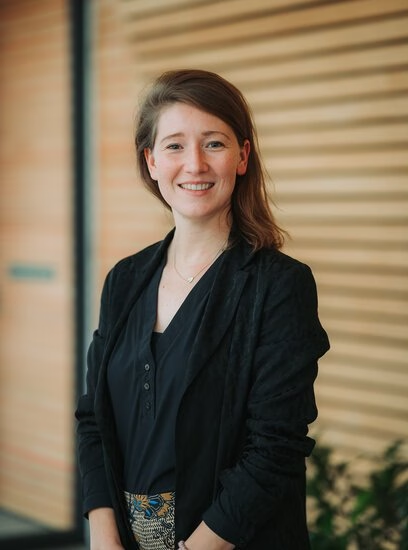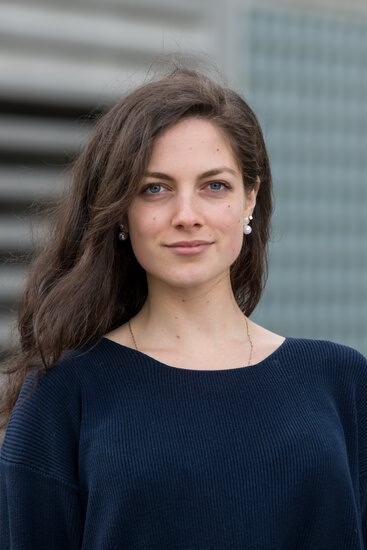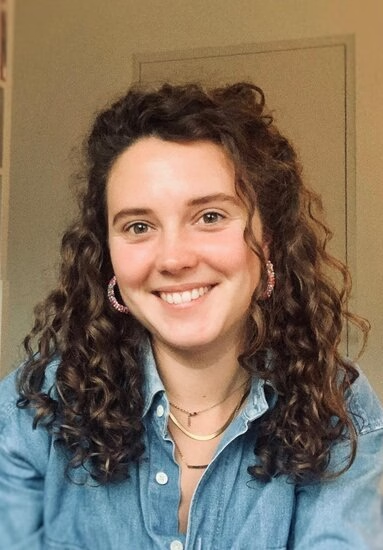At Erasmus University Rotterdam, several people are working on the success of the new Recognition & Rewards system. Meet our driving forces here!
The team
 Maarten Boksem
Maarten BoksemVice chair
As a vice chair of the R&R programme, Maarten Boksem aims to drive a culture change in academia from his position of Associate professor at RSM. He sees the need for better appreciation of diverse talents and strives for a balanced recognition of qualities such as teaching, leadership and collaboration. Contact Maarten if you have questions about R&R within RSM.Email address Daphne van de Bongardt
Daphne van de BongardtVice chair
As a vice chair of the R&R programme within EUR, Daphne van de Bongardt is committed to raising awareness about the importance of R&R and making R&R concrete. Daphne is an Associate professor at ESSB. She strongly believes in the power of diverse perspectives and talents to address complex issues. Daphne is committed to implementing R&R at the different levels of EUR. You can contact Daphne if you have questions about R&R within ESSB.Email address Eveline Braber
Eveline BraberProject officer R&R
Eveline Braber, project officer R&R, supports several EUR Schools with their projects and initiatives around recognising and rewarding academic staff. You can contact Eveline if you have questions about R&R matters related to HR and Schools such as ISS, ESHCC, and ESHPM.Email address Bianca Langhout
Bianca LanghoutProgramme manager for strategic initiatives
As a programme manager for strategic initiatives Recognition & Rewards and Evaluating Societal Impact, Bianca Langhout brings together her knowledge of academia and project management. You can contact Bianca if you have questions or ideas about the strategic planning of the R&R programme within EUR.Email address Alise Scerbinina
Alise ScerbininaProject officer
As a project officer, Alise Scerbinina focuses on the communication and implementation of the R&R programme. In addition, she supports the Erasmus University Medical Center (EMC) in implementing R&R. You can contact Alise if you have questions regarding communication of the R&R programme or if you have questions about R&R at EMC.Email address Anna Smulders
Anna SmuldersDesign researcher
Anna Smulders, design researcher with the R&R programme team, develops tools that contribute to the implementation and understanding of the goals of R&R. Please contact Anna if you have any questions about the design of our tools and/or workshops.Email address
